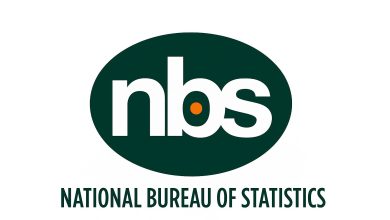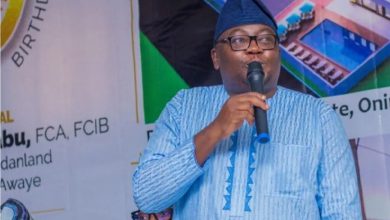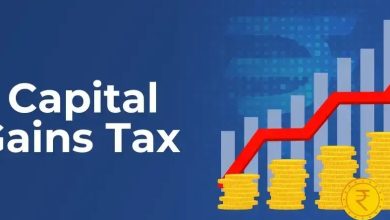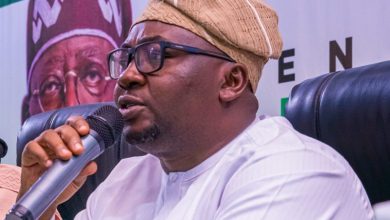FG, AfDB in Talks Over $500 Million Loan to Support Economic Reforms
Nigeria is close to securing a $500 million loan from the African Development Bank to support key economic reforms.
Officials say the funds will back fiscal discipline and power-sector improvements under Tinubu’s agenda.
SEE ALSO: FG in Talks with China for $2bn Loan to Build National Super Grid
The Federal Government is in advanced discussions with the African Development Bank (AfDB) to secure a $500 million loan before the end of the year, as part of efforts to strengthen Nigeria’s economy and sustain key reforms under President Bola Tinubu’s administration.
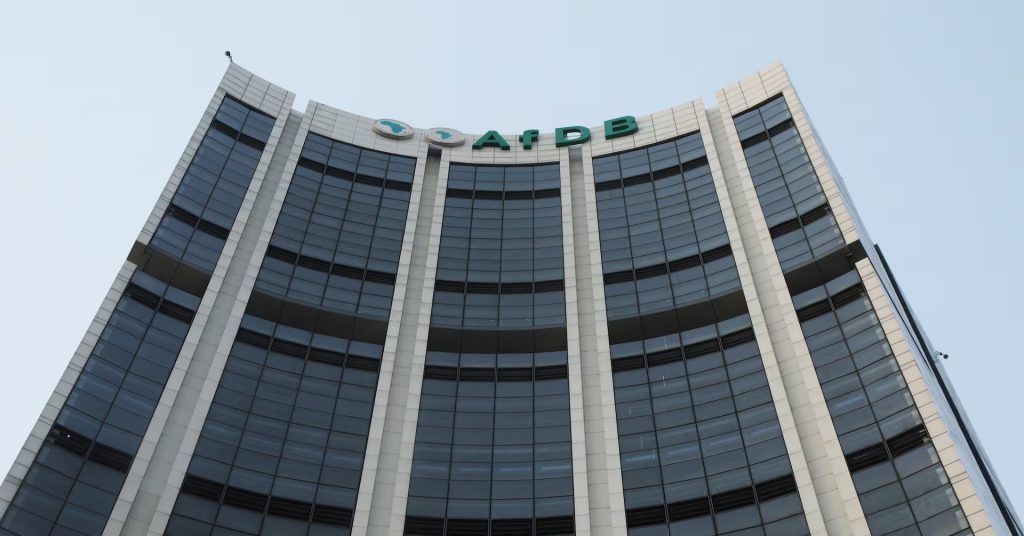
According to a report by Reuters, the proposed facility is part of a broader $1 billion budget-support program designed to reinforce Nigeria’s fiscal and structural adjustments. The arrangement follows an initial $500 million disbursement made in 2024 under the same framework.
Nigeria’s representative on the AfDB Board, Bode Oyetunde, who also represents São Tomé and Príncipe, confirmed the ongoing talks during the Nigerian Economic Summit held in Abuja. He said discussions with the bank had reached an advanced stage and that final approval could come before the end of 2025.
Oyetunde said the bank’s support was aimed at backing Nigeria’s “bold and comprehensive macroeconomic reforms” introduced by President Tinubu. He noted that the government initially requested $1.5 billion, but the AfDB opted to provide $1 billion in two phases.
He explained that half of the facility $500 million was released last year, while the second tranche is now being processed for approval. “We are optimistic that this year’s funding will be cleared by the board very soon,” he added.
The AfDB’s intervention aligns with its broader commitment to assist Nigeria’s reform agenda, which has focused on removing fuel subsidies, harmonizing exchange rates, and overhauling the tax administration system since May 2023.
Oyetunde further said the new loan would prioritize fiscal discipline and improvements in the power sector, both considered essential to stabilizing Nigeria’s economy and restoring investor confidence.
The financing is expected to cushion the impact of the government’s reform policies, ease fiscal pressure, and support key programmes targeted at curbing inflation, enhancing electricity supply, and promoting long-term economic sustainability.
